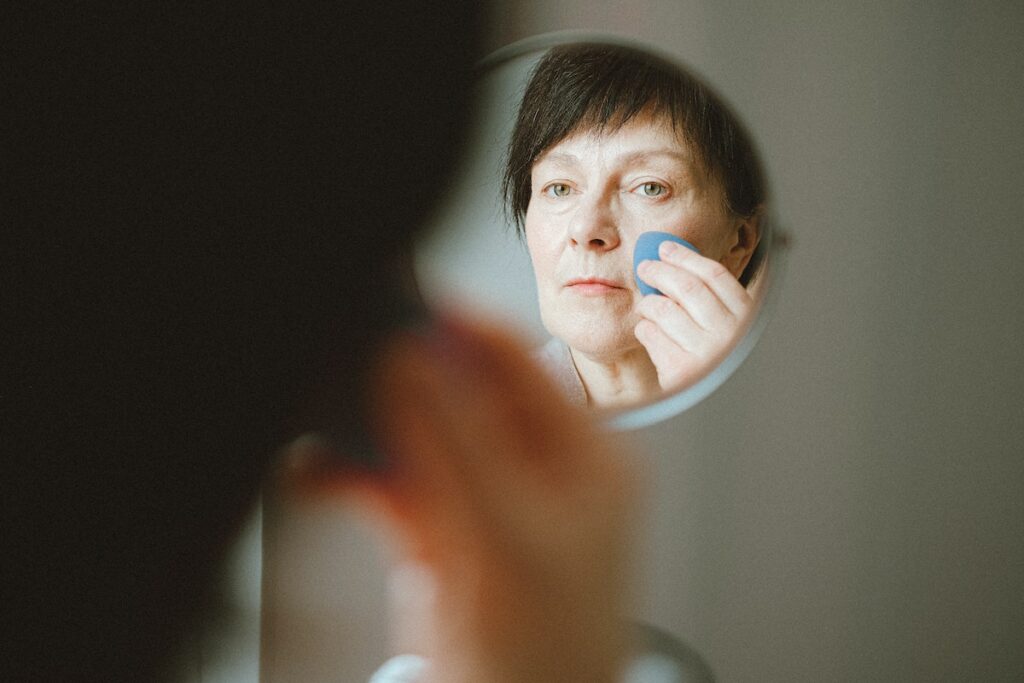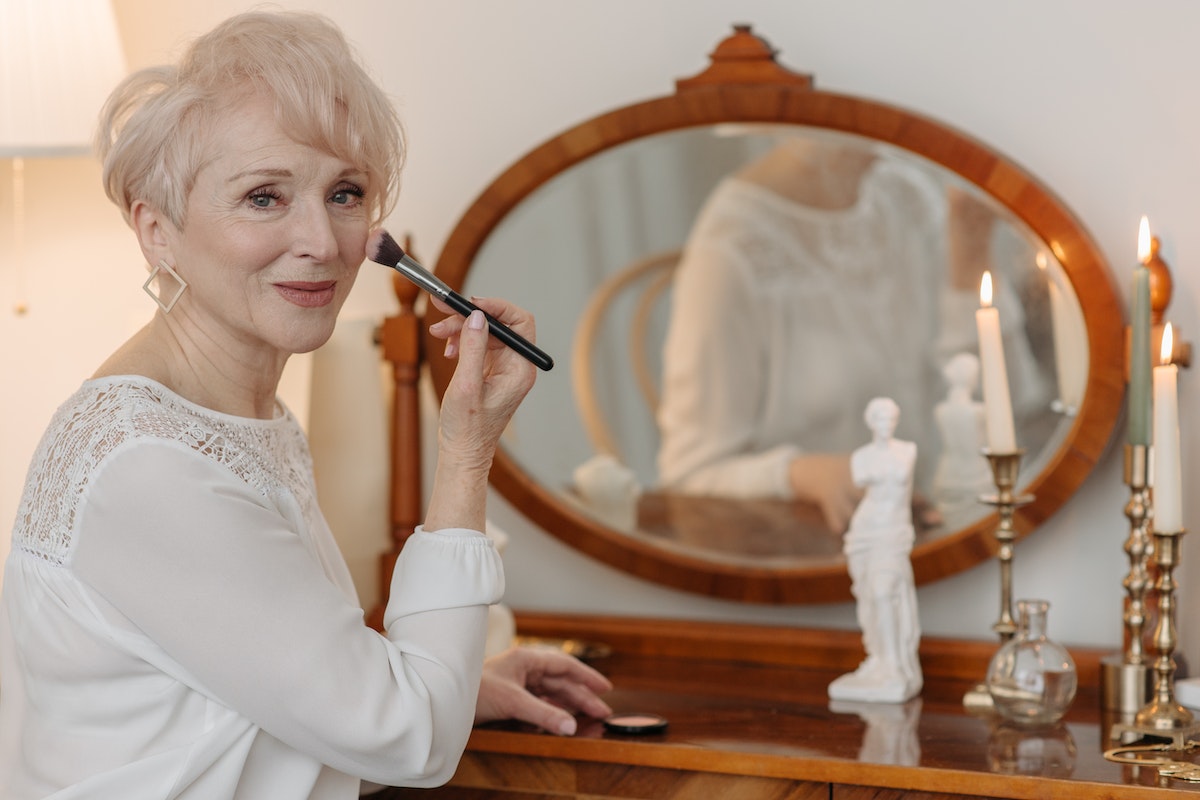As you age, you may notice changes in your body that can affect your everyday life. These changes are a normal part of aging, but they can be a surprise if you’re not expecting them. Here are five ways aging can affect your everyday life and what you can do about them.
More Aches and Pain
You may experience more aches and pains in your joints and muscles as you age. This is because the cartilage that cushions your joints starts to break down, and your muscles and tendons lose elasticity. You may also have arthritis, which is a condition that causes inflammation in the joints. It’s one of the most common diseases in the country, affecting seniors’ mobility issues. Thankfully, there are ways you can ensure that you experience fewer aches and pains as you grow older. Here are some of those options.
Exercise
Exercise regularly is the most important thing you can do to keep your body healthy as you age. Exercise strengthens muscles and bones, helps maintain flexibility, and reduces the risk of conditions like arthritis. It’s never too late to start exercising, so find an activity you enjoy and stick with. Some light exercises you can do includes walking, swimming, or yoga. You can check with your doctor before starting any new exercise routine.
Eat a Healthy Diet
Your diet has a significant effect on your general health, so as you get older, it’s important to eat foods that are high in nutrients. Eat plenty of fruits and vegetables, whole grains, and lean proteins. Stay away from processed foods, sugary drinks, and too much saturated fat and unhealthy fats.
Manage Stress
Stress can take a toll on your mind and body, so it’s essential to find ways to manage it. When stressed, your body releases hormones that can cause physical problems like high blood pressure and an increased heart rate. Stress can also make conditions like arthritis and diabetes worse. To manage stress, try yoga or meditation, take a brisk walk outdoors, or spend time with friends and family.
Oral Problems
You may be at a higher risk of developing oral problems like gum disease and tooth loss as you age. This is because your gums and bones can weaken with age, making it easier for bacteria to cause infections.
Tooth loss is one of the increasing problems of aging people. It’s estimated that one in five older adults has lost all their teeth by age 65. Once they’ve lost their teeth, they can encounter problems such as being unable to eat certain foods, difficulty speaking, and a lack of self-confidence. This is why full dentures are crucial for their health. These dentures are made of high-quality materials that look and feel natural. They must also fit well to avoid any discomfort or irritation.
Trouble Sleeping
As you age, you may find it harder to fall asleep or stay asleep through the night. This is because aging can cause changes in sleep patterns. You may also have more medical conditions that can interfere with sleep, such as arthritis or heart disease. However, you can do many things to help with insomnia, such as establishing a regular sleep schedule, avoiding caffeine before bedtime, and creating a relaxing bedtime routine.
Trouble Hearing and Seeing
Hearing and vision problems are common as people age. For example, you may have trouble hearing high-pitched sounds or understanding words spoken quickly. You may also have difficulty seeing at night or reading small print. You can do many things to help with hearing and vision problems, such as get hearing aids or eyeglasses/contacts prescribed by a doctor or make changes to your home to make it easier to see and hear (such as installing brighter lightbulbs or using an amplified phone).
Getting Sick More Often
As you age, your immune system weakens, making it harder for your body to fight infections and diseases. As a result, you may also be more likely to get chronic illnesses like heart disease or cancer. You can do many things to stay healthy as you age, such as eating healthy foods, exercising regularly, getting enough sleep, and seeing your doctor for regular checkups/immunizations/screenings.
Aging is a natural process that happens to everyone – but that doesn’t mean it’s always easy to adjust to the changes it brings! By being aware of how aging affects your everyday life, you can be better prepared to make any necessary changes. And remember, there are always things you can do to ease any adverse effects of aging!

